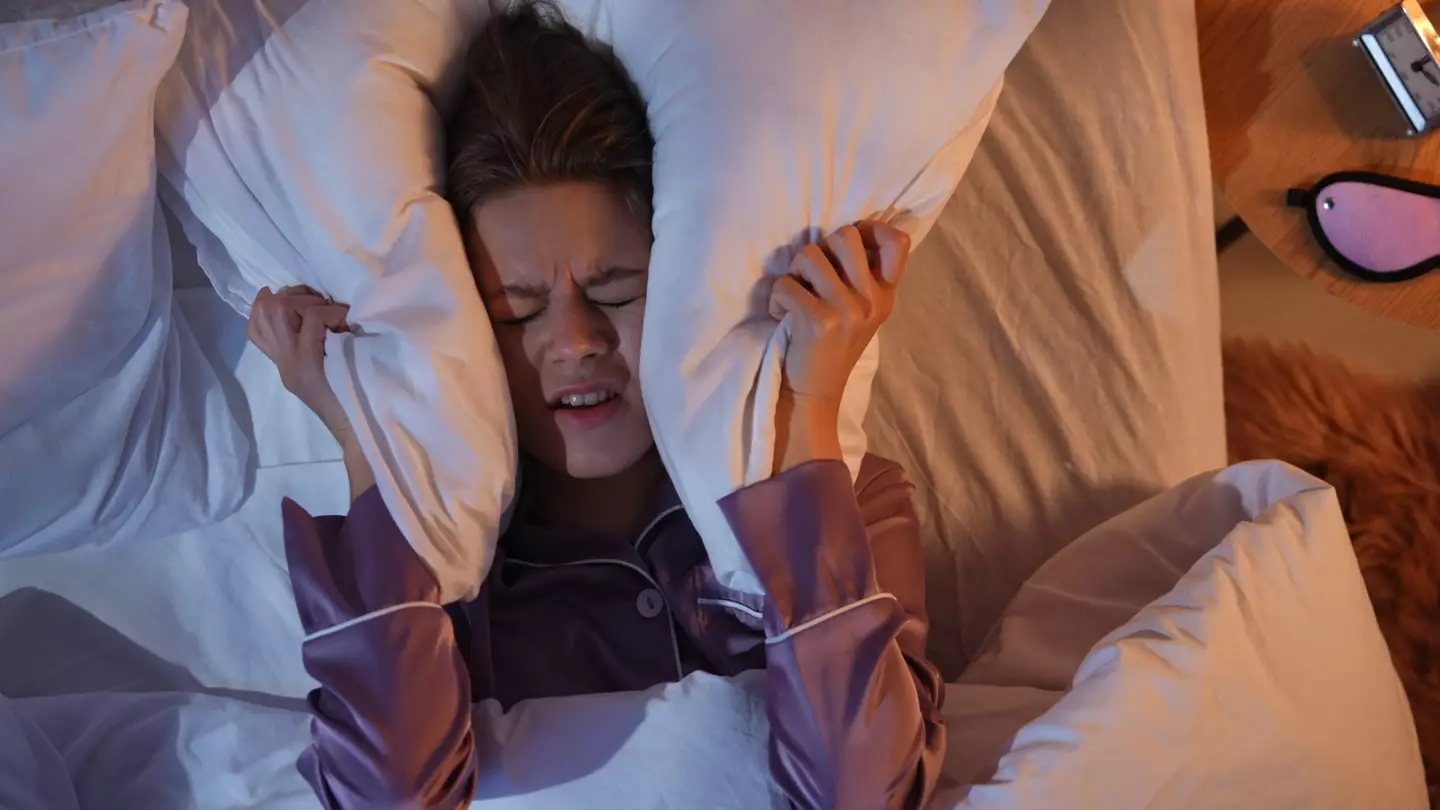
Sleep is something that is different for us all, but if you’re falling into one of these profiles, it could mean bad things for your health.
How well do you think sleep impacts us in our life? For some of us, waking up at 2am, or almost 3 is normal. But it’s actually something that doctors have been forced to issue a warning about as the bedtime habit is a little more than simply being a light sleeper.
Then, there are those who just can’t sleep until the early hours in the morning.
Or perhaps you fall into the category of struggling to fall back to sleep at around 5am.
Advert
There are so many ways we sleep that we think is normal, but scientists have shed light on whether or not your sleep habits something to worry about.
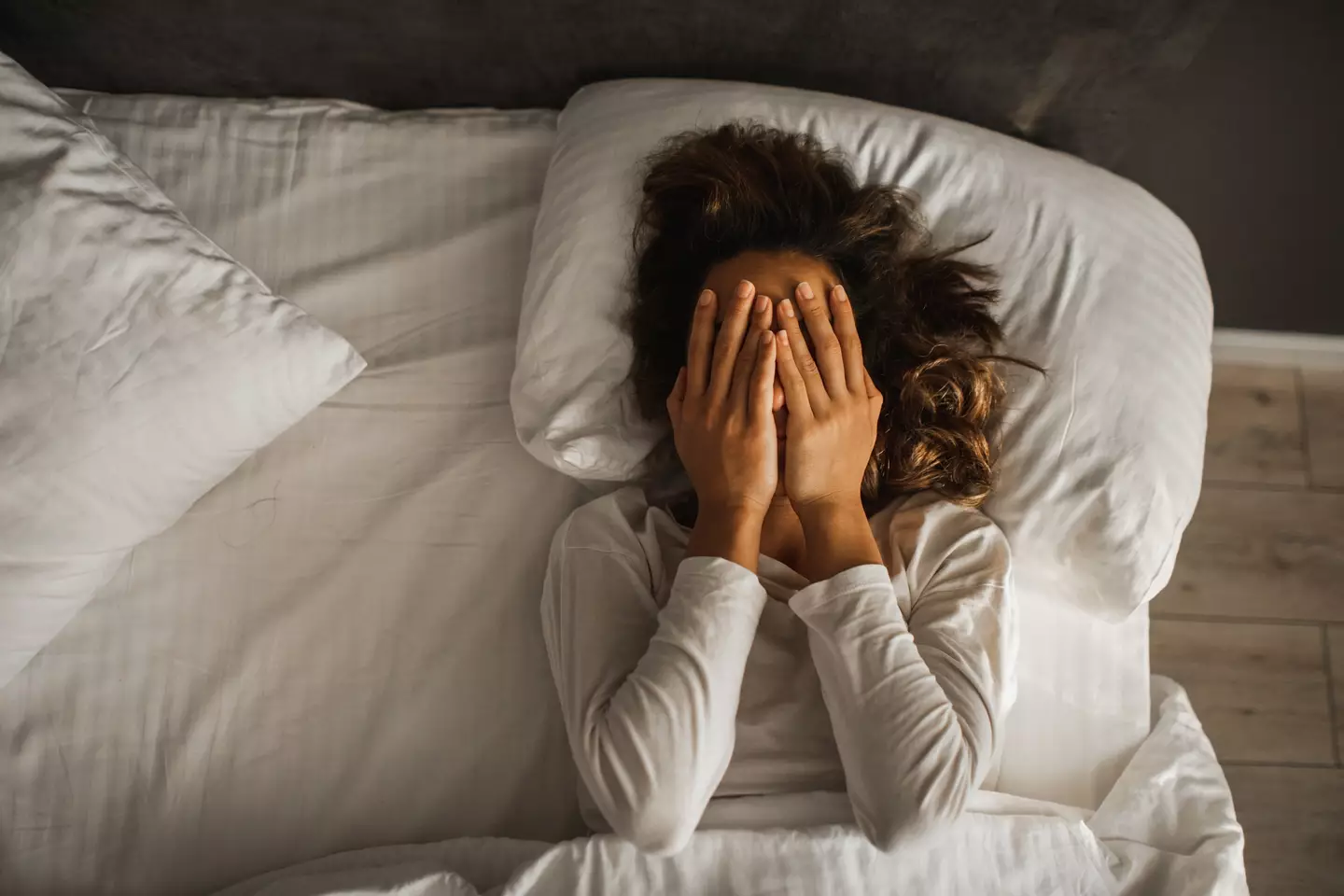
For the new study, the scientists looked into 770 people’s sleep patterns via the Human Connectome Project, which saw their brain imaging data and patient-reported sleep information, health, and lifestyle data too.
From this, they noted that there are five sleep profiles that show differences in people’s brain network.
“This highlights the importance of considering the full picture of an individual’s sleep to help clinicians make more accurate assessments and guide treatment,” said study co-author Aurore Perrault from Concordia University.
“The dominance of mental health markers in most of the profiles is not surprising as sleep is one of the five key domains of human functioning likely to affect mental health,” said Valeria Kebets, who is also an author of the study.
So, what are they?
Taking longer to fall asleep
If you take a while to nod off and feel like your sleep is poor, you might also experience things like stress, depression, anxiety, anger, and fear, as per the study.
“Each profile carried its own distinctive link in health, lifestyle, and cognition, and even showed unique neuroimaging traits using functional MRI,” they wrote in the study.
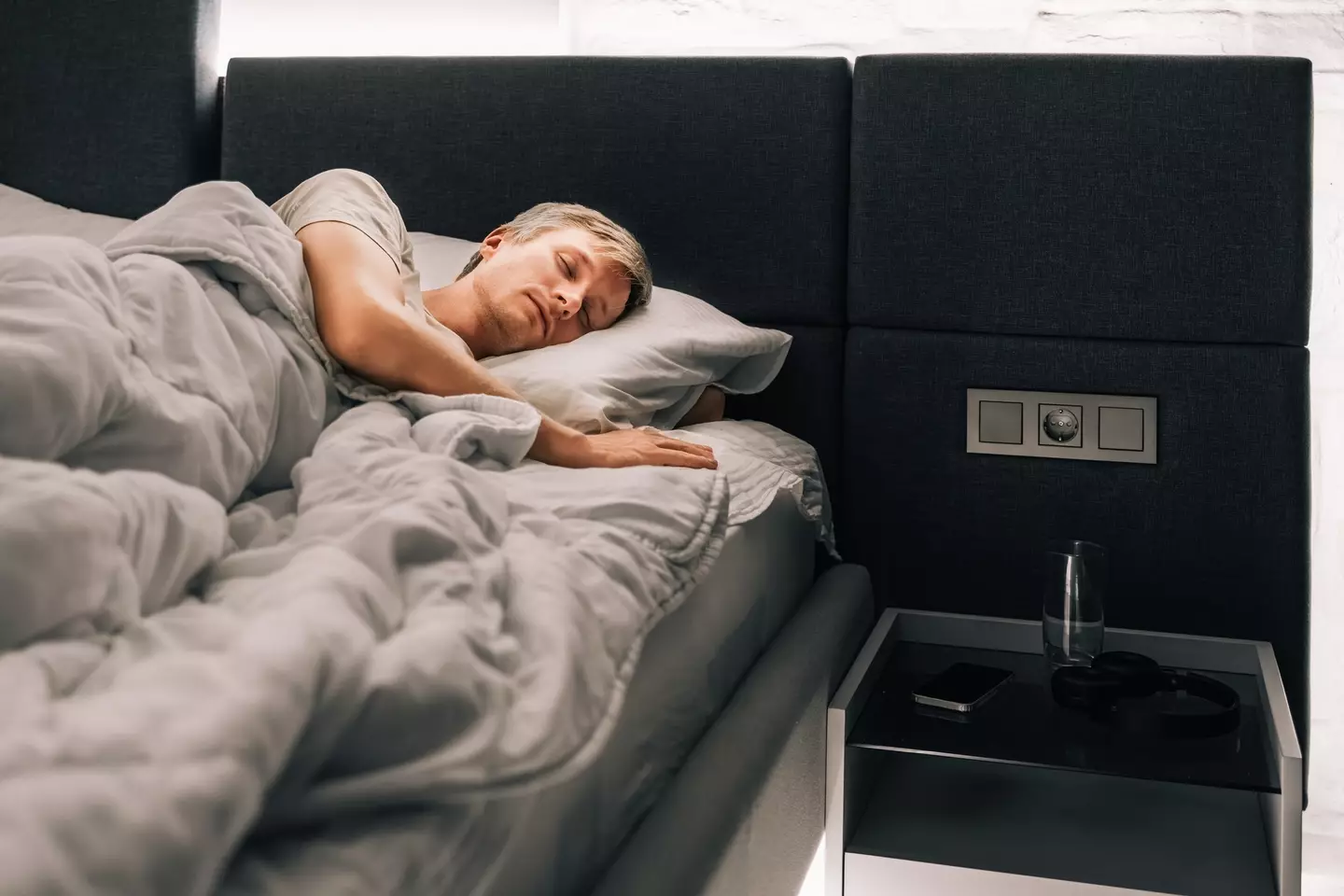
No issues at all with sleep
It might sound odd that this is on the list, however, the scientists found that there were people in the second profile thar presented no major sleep problems. But they still struggled with mental health issues like stress, anger, ADHD, fear and sadness, as well as lower conscientiousness.
For this, it was found that their struggles were likely due to other things.
Medication and aids
Do you take sleep medication so you can doze soundly?
The study found that people who largely use aids or meds, they reported greater conscientiousness and having better satisfaction in their friendships and support networks. But they also had cognitive problems with things like spatial orientation, visual episodic memory, and fluid intelligence.
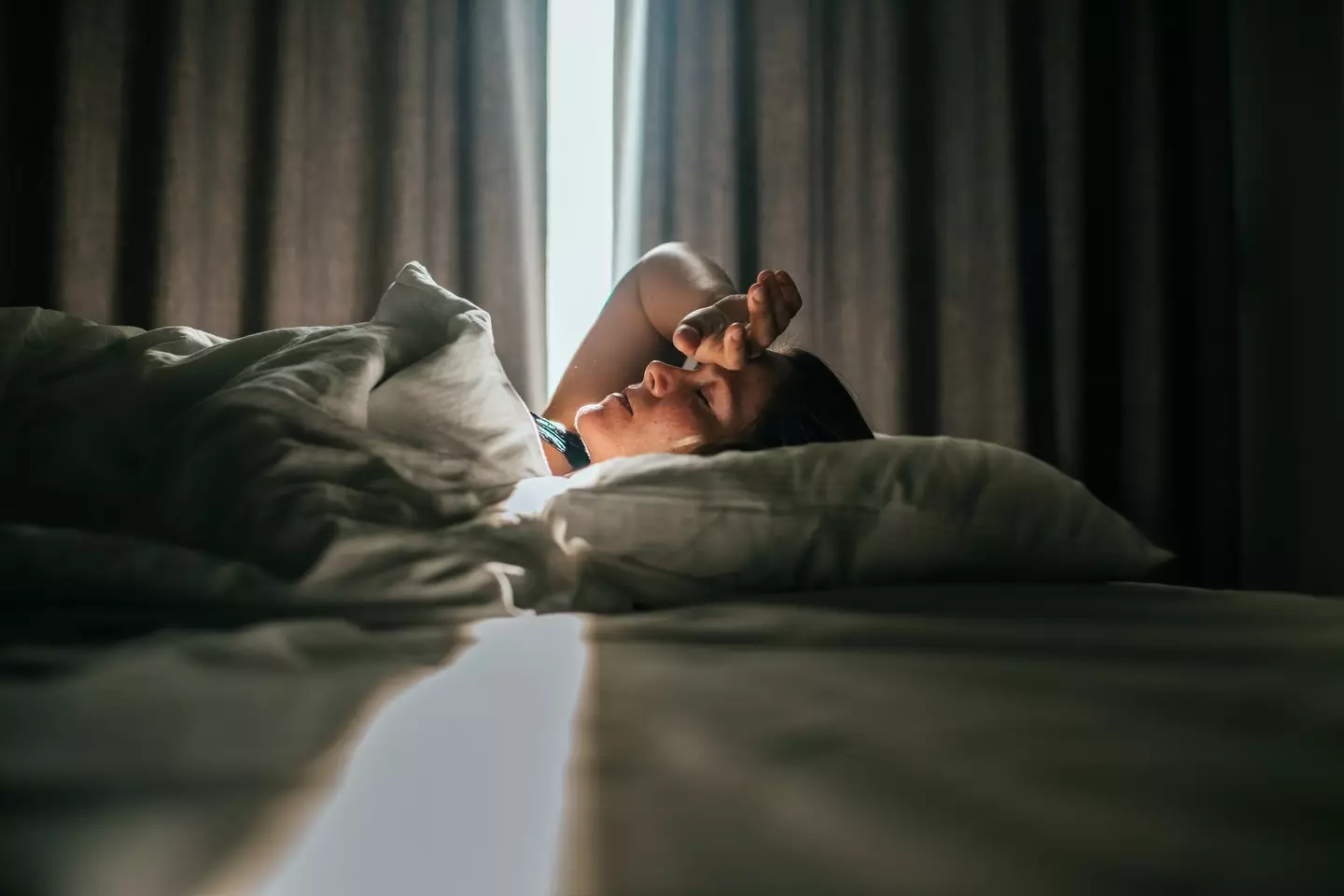
Less sleep
Having issues with getting more than a few hours of kip has been linked with an increase in aggressive behaviour, emotional processing difficulties, fluid intelligence and language processing.
“Sleep is made up of many dimensions, not just how long we sleep. By analysing more than 700 young adults, we discovered five distinct ‘sleep profiles’ based on reports of sleep duration, presence of disruptions, use of sleep medications,” researchers wrote.
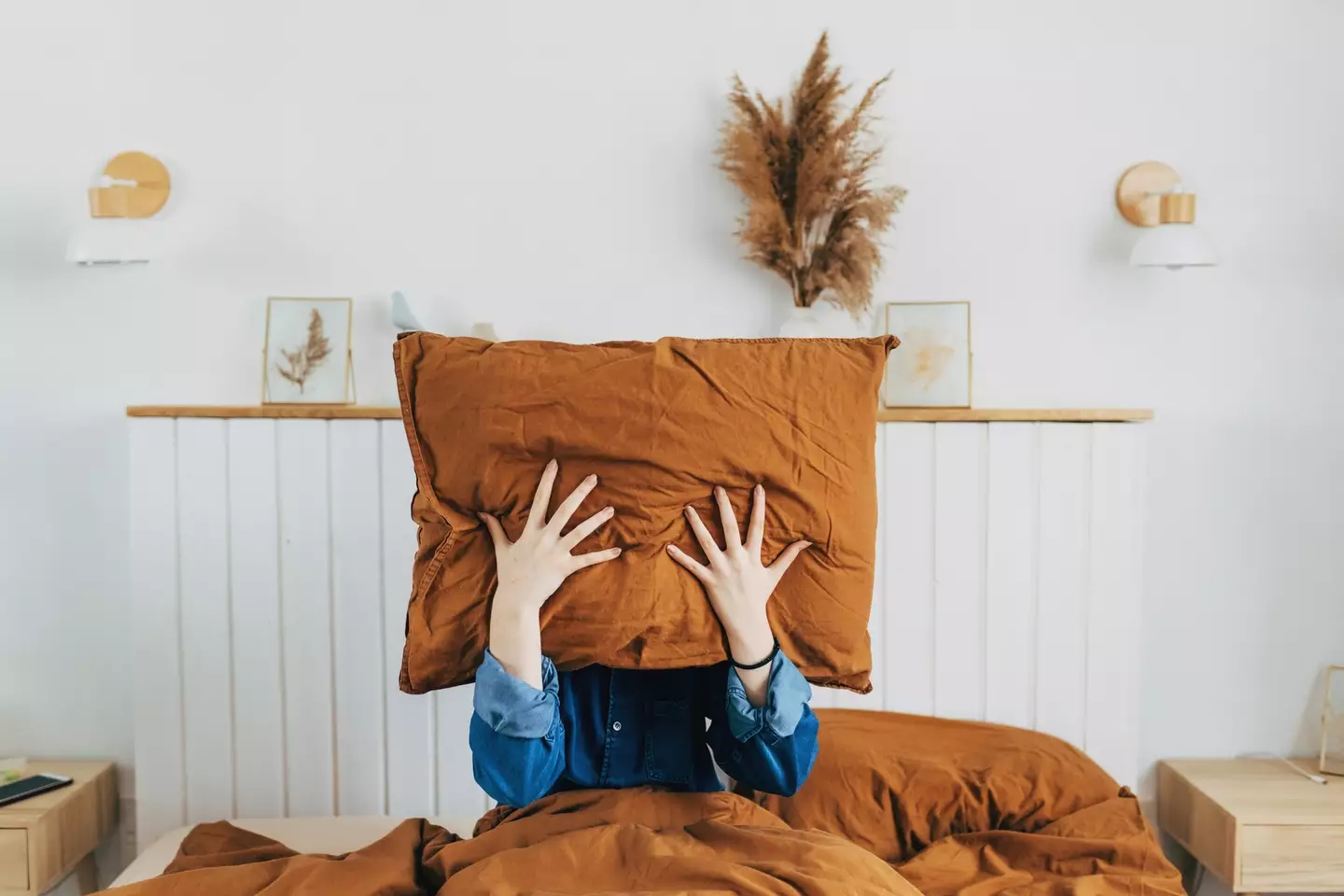
Tossing and turning
Fitful sleep is a pain, but it’s a lot worse for our health.
According to the scientists, those who frequently woke up presented with more aggressive behaviour and cognitive issues. They also reported high blood pressure, anxiety, and even worse things like having alcohol dependence and smoking.
"The different sleep profiles were also supported by unique patterns of brain function measured with MRI, suggesting that sleep experiences are reflected not just in health and behaviour, but also in the brain's wiring and activity," said Perrault.
Topics: Health, Science, Sleep, Mental Health
